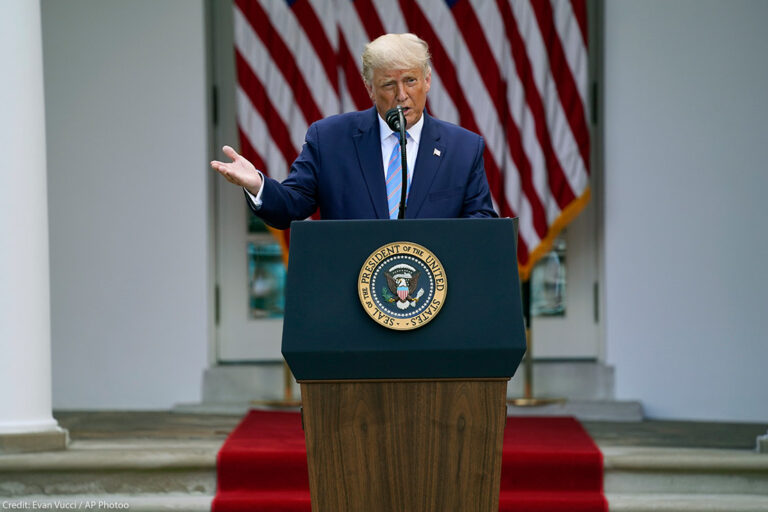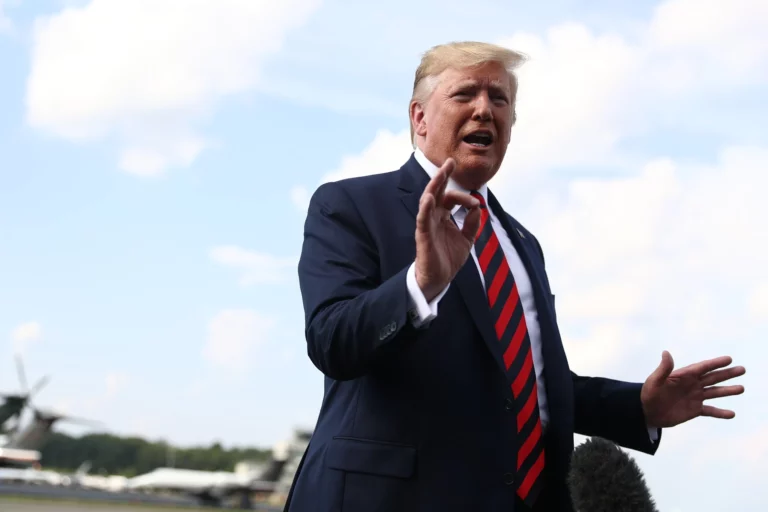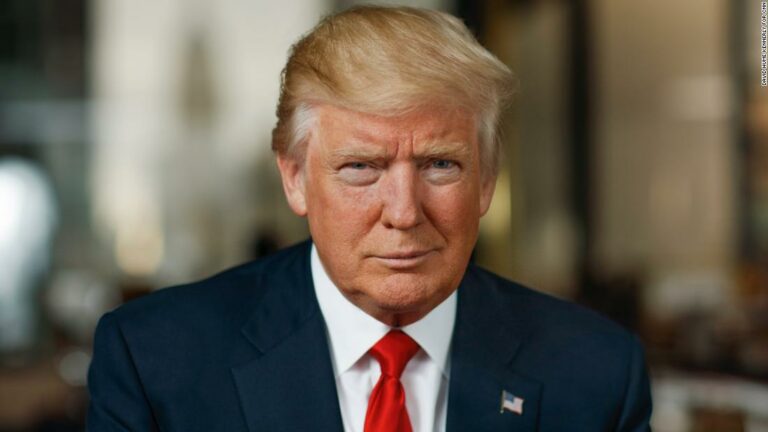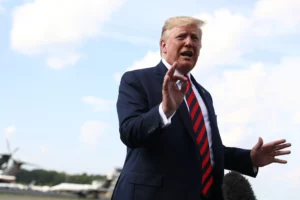Trump’s Impact on International Organizations unfolded against the backdrop of a dynamic global political landscape, leaving an indelible mark on the United States’ engagement with international entities. This exploration delves into the nuanced dimensions of Trump’s influence, dissecting the implications of his policies and actions for international cooperation, alliances, and the delicate fabric of diplomacy. Donald Trump’s presidency ushered in a new era of American foreign policy characterized by a recalibration of relationships with international organizations. Additionally, as a candidate and later as president, Trump expressed skepticism about the effectiveness and fairness of these entities, setting the stage for a series of policy changes that reverberated globally.
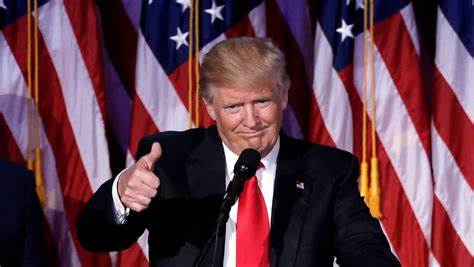
The United Nations
One of the notable shifts during Trump’s presidency was the strained relationship with the United Nations (UN). Trump, critical of what he perceived as disproportionate contributions by the U.S., sought to redefine the nation’s role within the UN framework. This section delves into Trump’s decisions to withdraw from UN agencies, such as UNESCO and the World Health Organization (WHO), and their broader implications for global health, cultural exchange, and diplomacy. The withdrawal from UNESCO reflected Trump’s concerns about alleged anti-Israel bias and the need for organizational reforms. Similarly, the decision to halt funding to the WHO drew attention to the broader debate on global health governance. Examining these instances provides insights into how Trump’s policies affected international collaboration, potentially undermining efforts to address shared challenges. As the U.S. engagement with UN agencies shifted, it fueled discussions on the effectiveness of multilateral approaches and the consequences of a more unilateral stance.
NATO
Furthermore, the North Atlantic Treaty Organization (NATO) faced considerable scrutiny during Trump’s tenure. The president questioned the financial burden borne by the U.S. within the alliance and pushed for increased defense spending by NATO member countries. This segment analyzes the impact of Trump’s approach on the cohesion of NATO, transatlantic relations, and the broader security landscape. Trump’s emphasis on equitable burden-sharing within NATO underscored his “America First” policy, signalling a shift in the traditional dynamics of the alliance. The insistence on increased defense spending by member nations aimed to ensure collective security efforts while alleviating the perceived overreliance on the U.S. military and financial contributions. However, this stance generated tensions within the alliance and raised questions about the implications for the long-standing collaborative framework. Evaluating the consequences of Trump’s NATO policies provides valuable insights into the challenges of maintaining multinational alliances.
World Trade Organization (WTO)
More so, Trump’s presidency was marked by an assertive stance on trade, challenging the principles of the World Trade Organization (WTO). This part examines the trade disputes initiated by the U.S., including the trade war with China and the imposition of tariffs on steel and aluminium. The repercussions on global trade dynamics and the functioning of the WTO are explored.
Climate Agreements
Moreover, climate change emerged as a contentious issue during Trump’s presidency, notably with the decision to withdraw from the Paris Agreement. This section assesses the ramifications of the U.S. departure from the accord, the subsequent global responses, and the broader implications for international efforts to combat climate change.
Conclusion
In conclusion, as the Trump era concluded, the impact on international organizations lingered. This final section reflects on the lasting legacy of Trump’s policies, the challenges faced by global entities in adapting to these changes, and the potential paths forward in the evolving landscape of international relations. The Trump administration’s approach towards international organizations left a complex legacy that continues to shape diplomatic dynamics. Moreover, the withdrawal from certain entities and the renegotiation of agreements reflected a reevaluation of the United States’ role in the global order. The challenges posed to traditional alliances and cooperative frameworks highlighted the tensions between unilateralism and multilateralism in addressing global issues.


